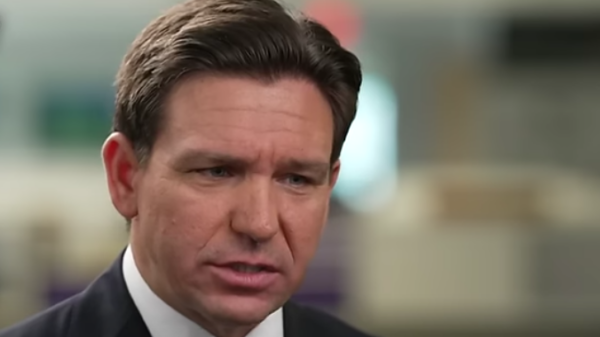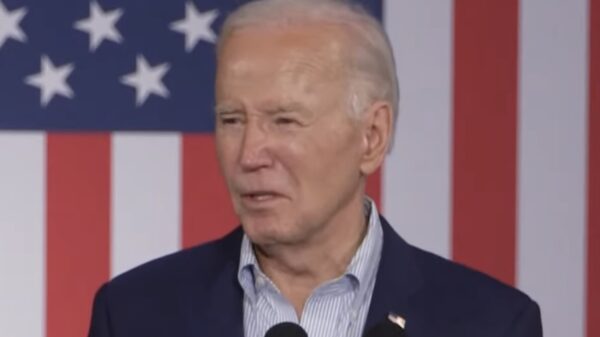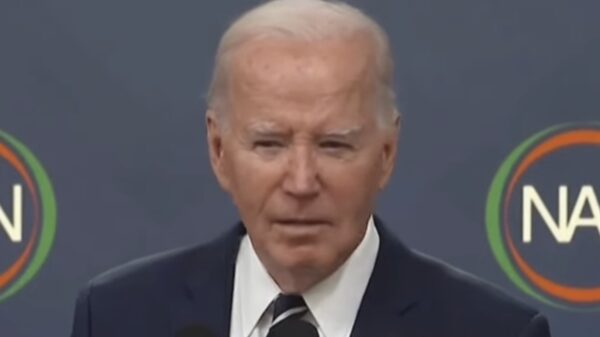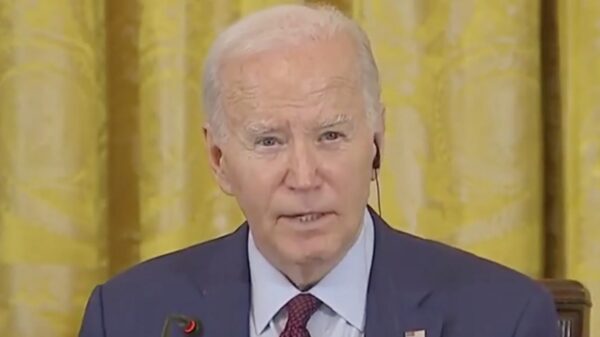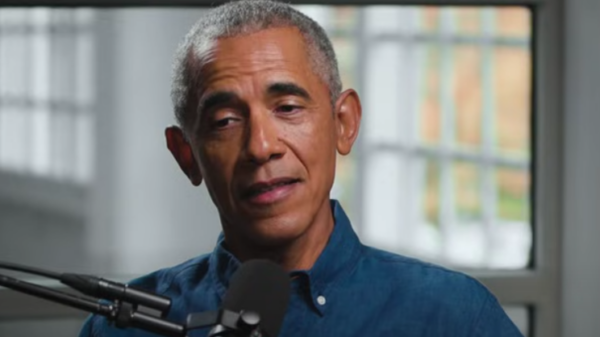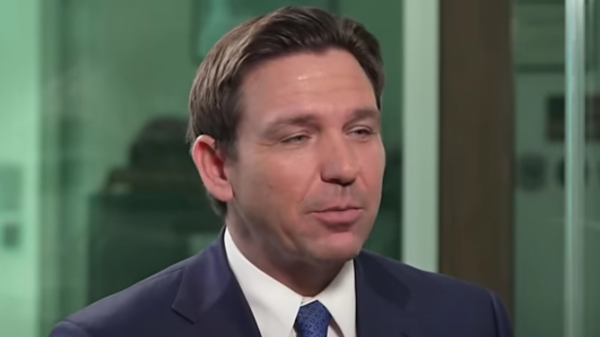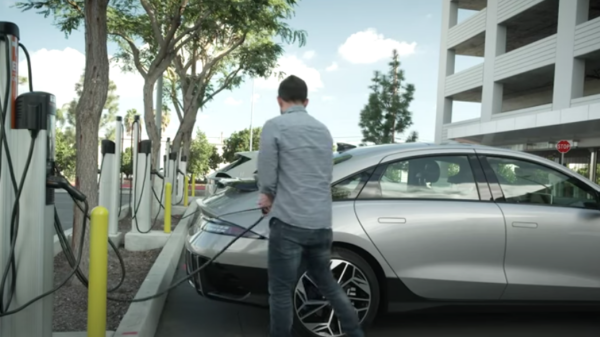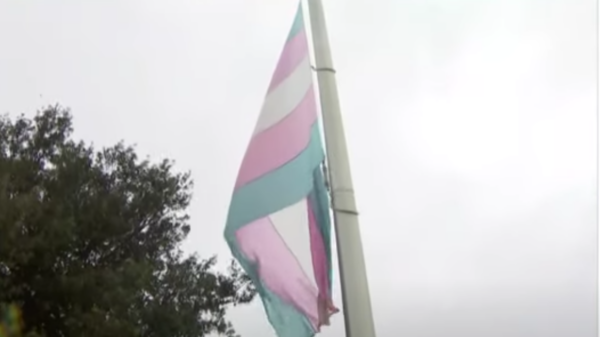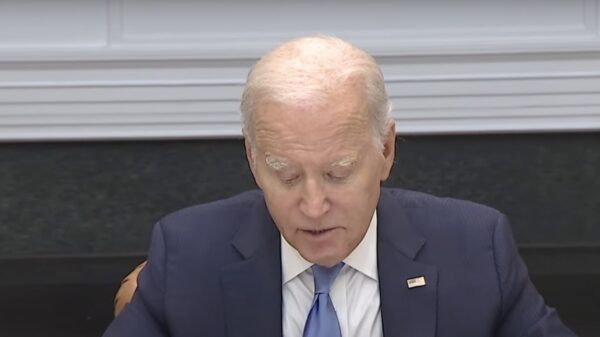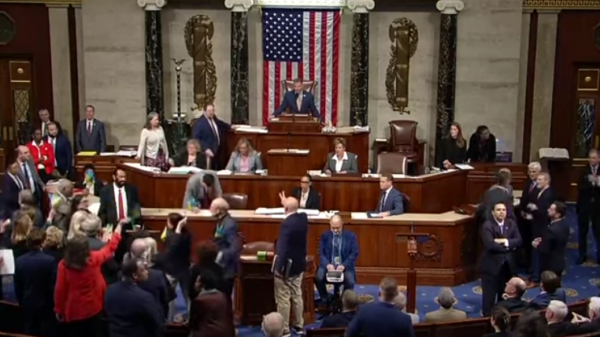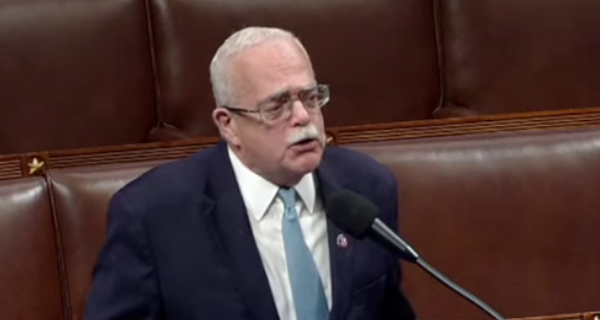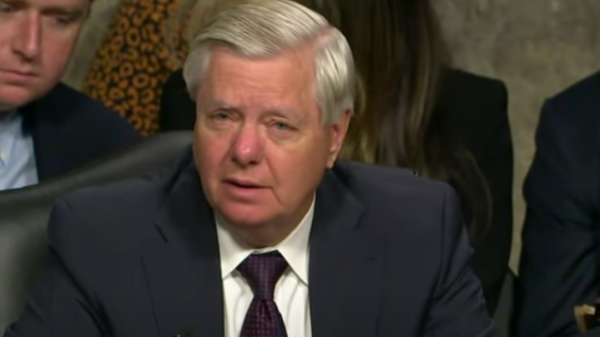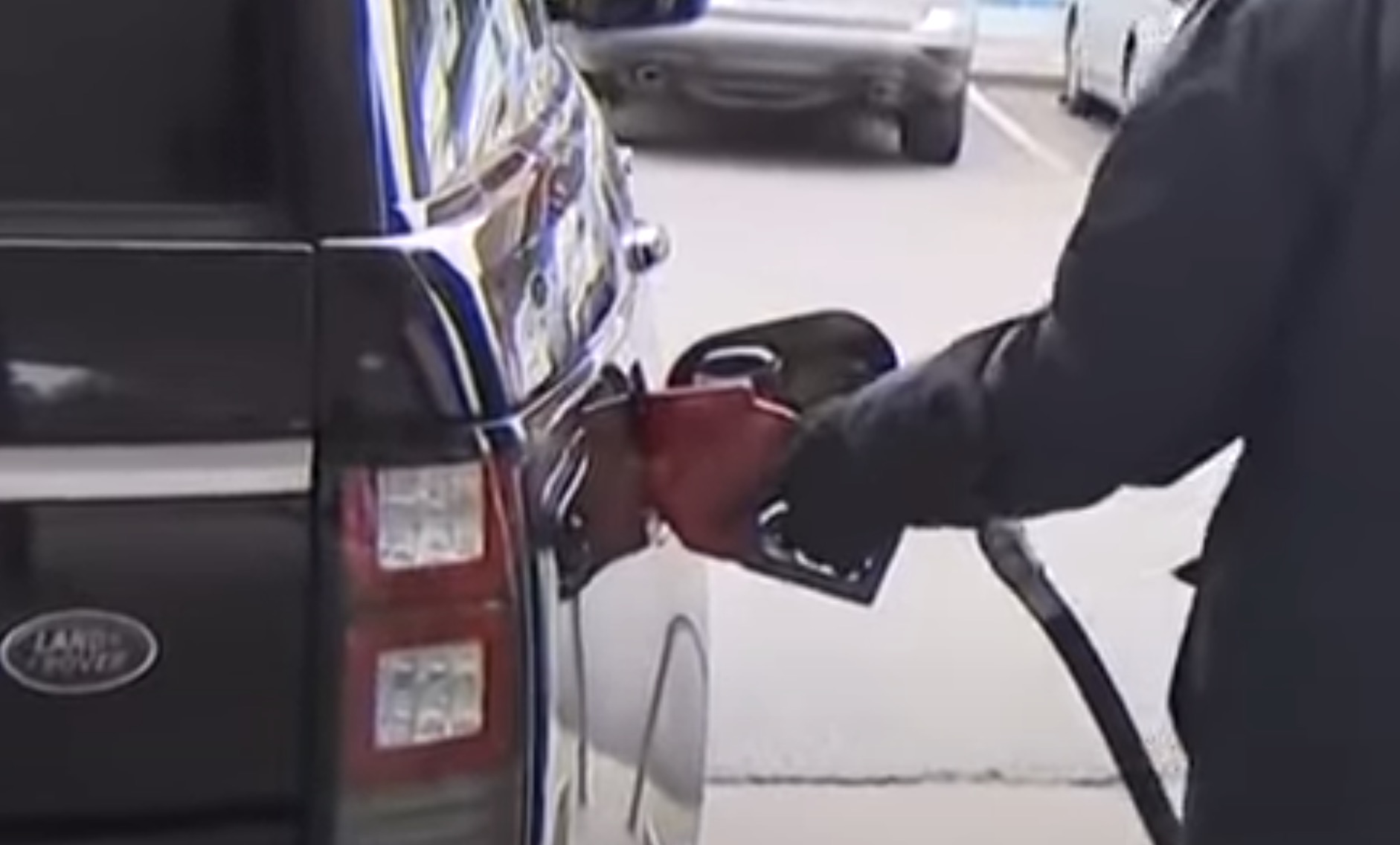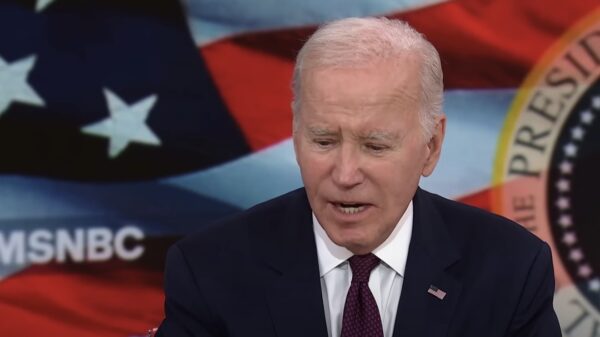Advanced Clean Cars
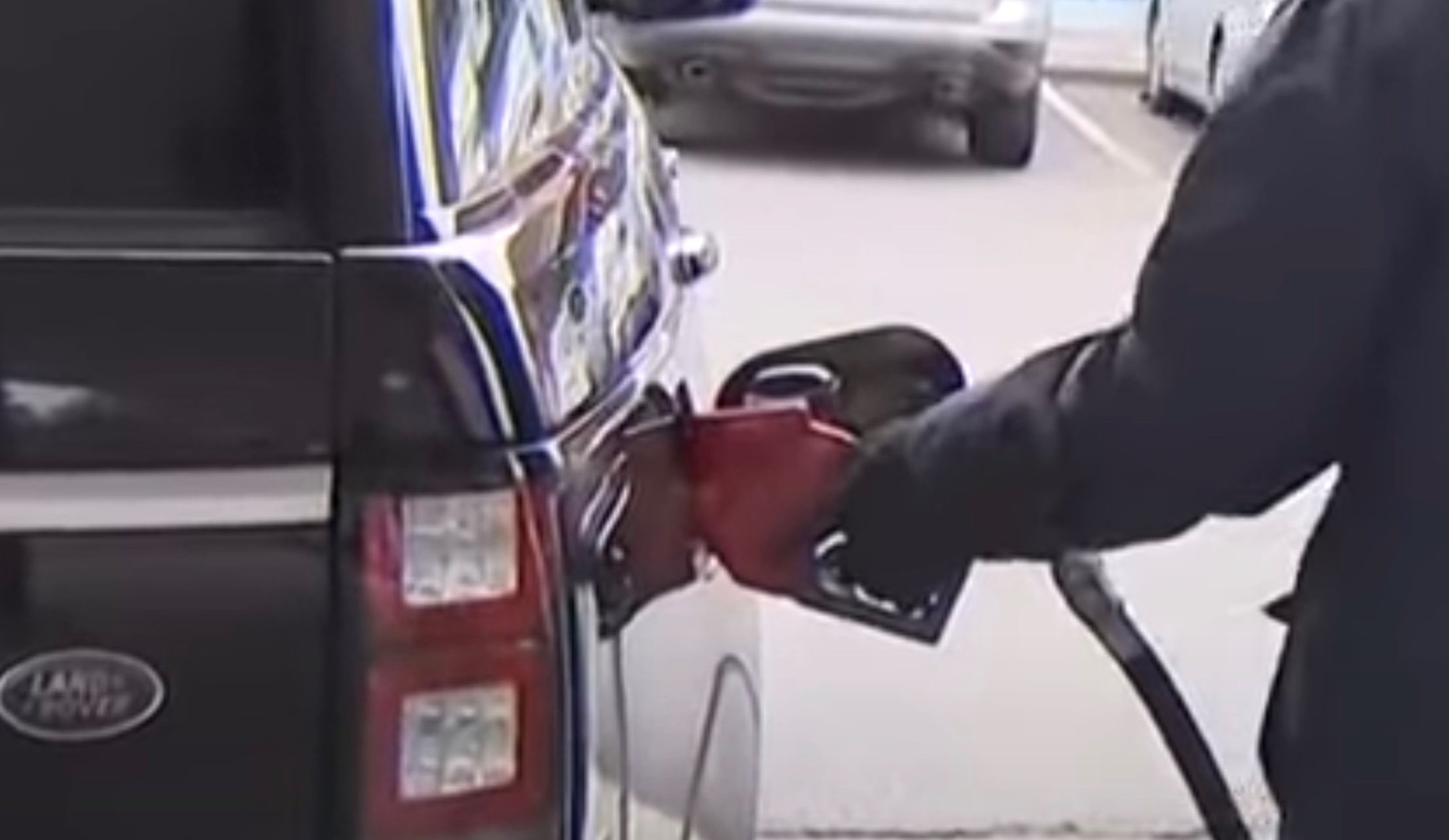
Youtube
Nine states have adopted California’s Advanced Clean Cars II rules that aim to phase out new gas vehicle sales by 2035. Supporters argue it will significantly reduce emissions and push the auto industry toward electric vehicles (EVs).
Too aggressive
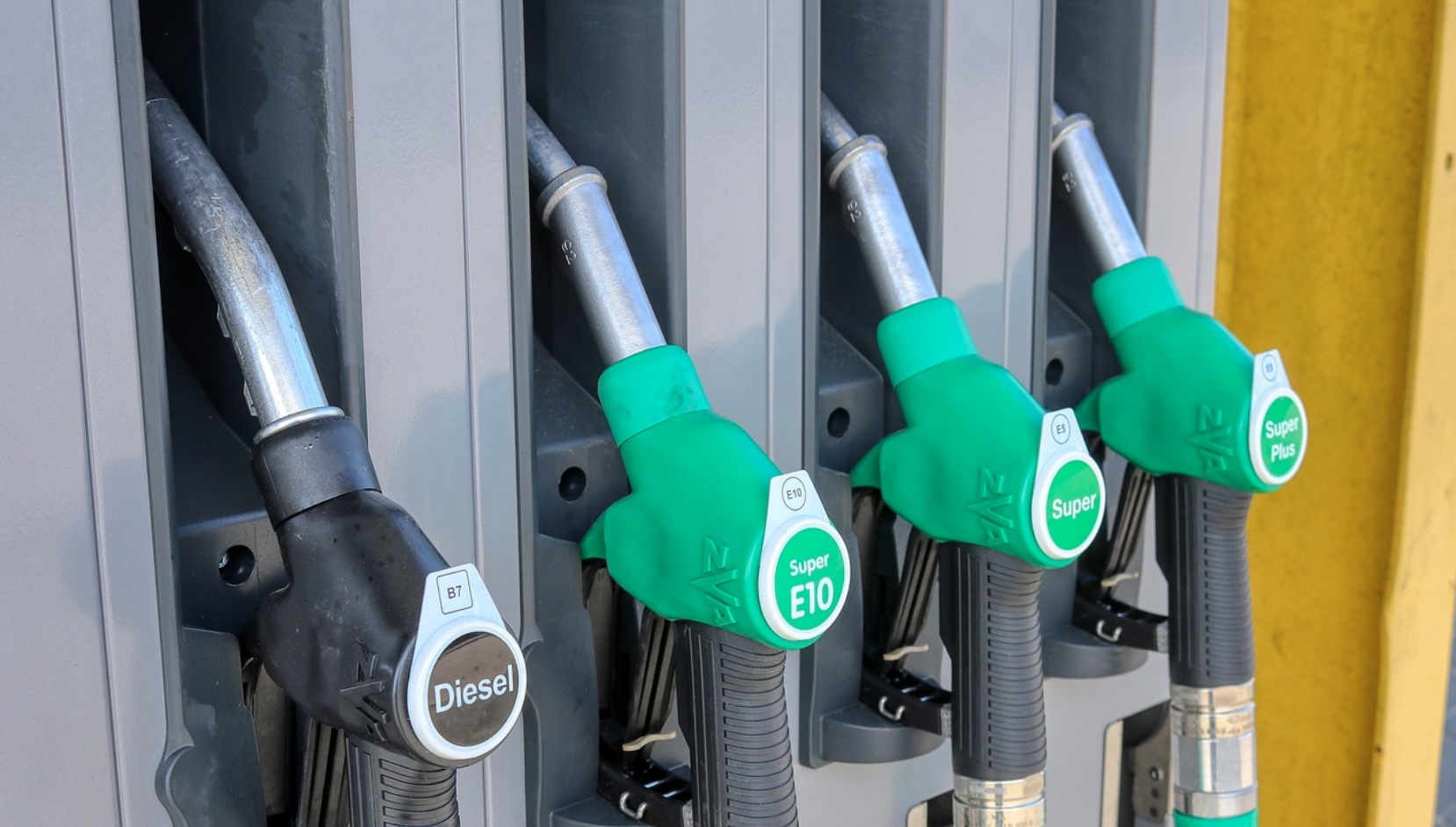
pixabay
However, critics contend the timeline is too aggressive and will increase costs for consumers and businesses without infrastructure to support widespread EV adoption.
Gas-powered cars

pixabay
“The ban on new gas-powered cars in such an expedited time does not take costs or feasibility into account,” said Ray Cantor, the chief deputy government affairs officer at the NJBIA. “It does not take the lack of local and highway infrastructure into account. It does not take grid capacity into account. It ignores consumer choice. It doesn’t take New Jersey residents into account, especially low- and moderate-income families. And it doesn’t take the lack of actual environmental benefit into account.”
Carbon emissions

pixabay
“There’s nothing wrong with working to reduce carbon emissions,” Cantor said. “And the marketplace would have likely seen a natural increase of EV users with an organic time frame to build appropriate capacities. But the near-term, targeted mandates will increase the prices of both new and used gas-powered cars.”
Environmental goals
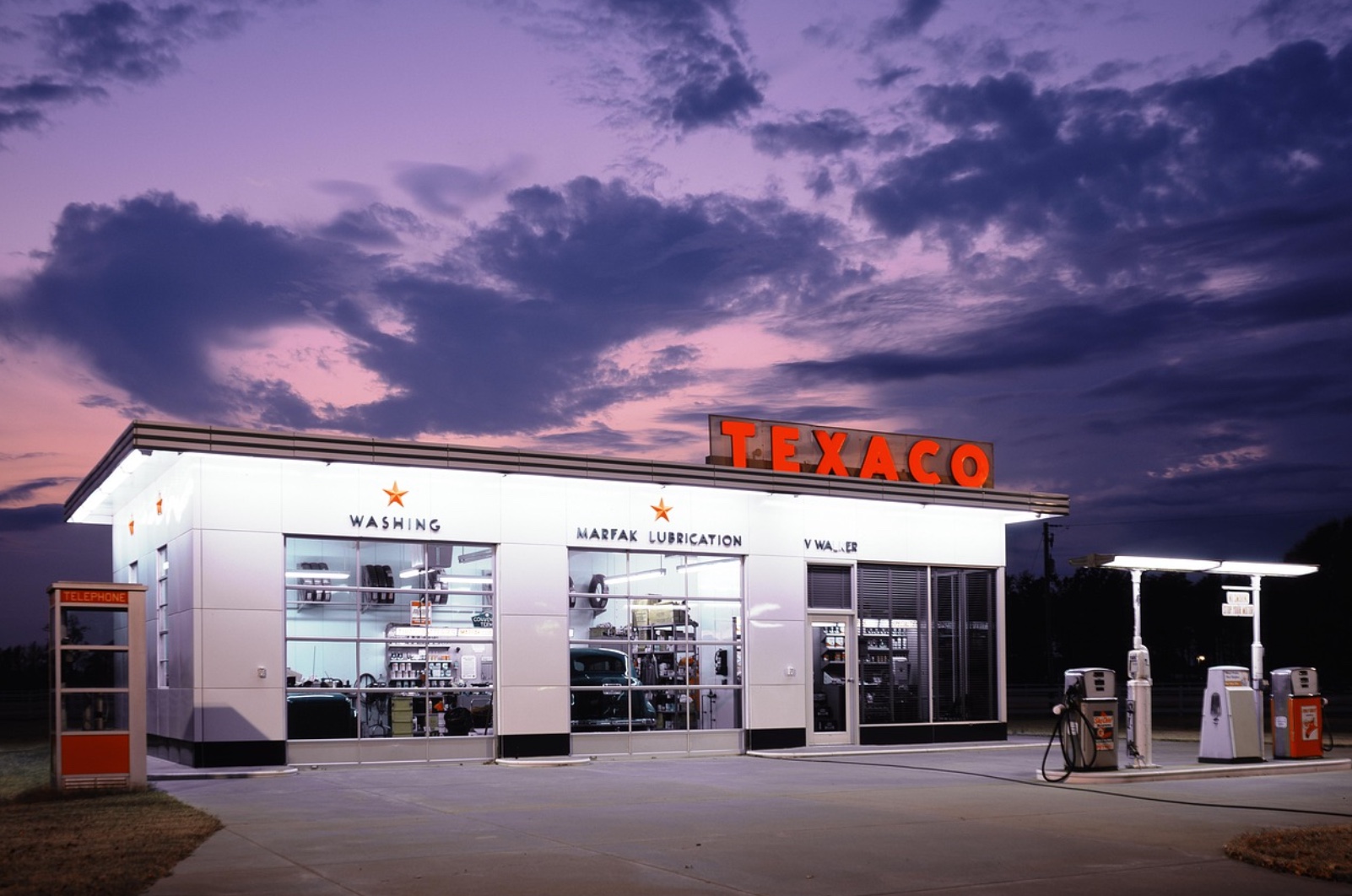
pixabay
Debate continues around balancing environmental goals with economic and technological feasibility as both the federal government and more states consider policies to transition the transportation sector away from fossil fuels.
Economic impact
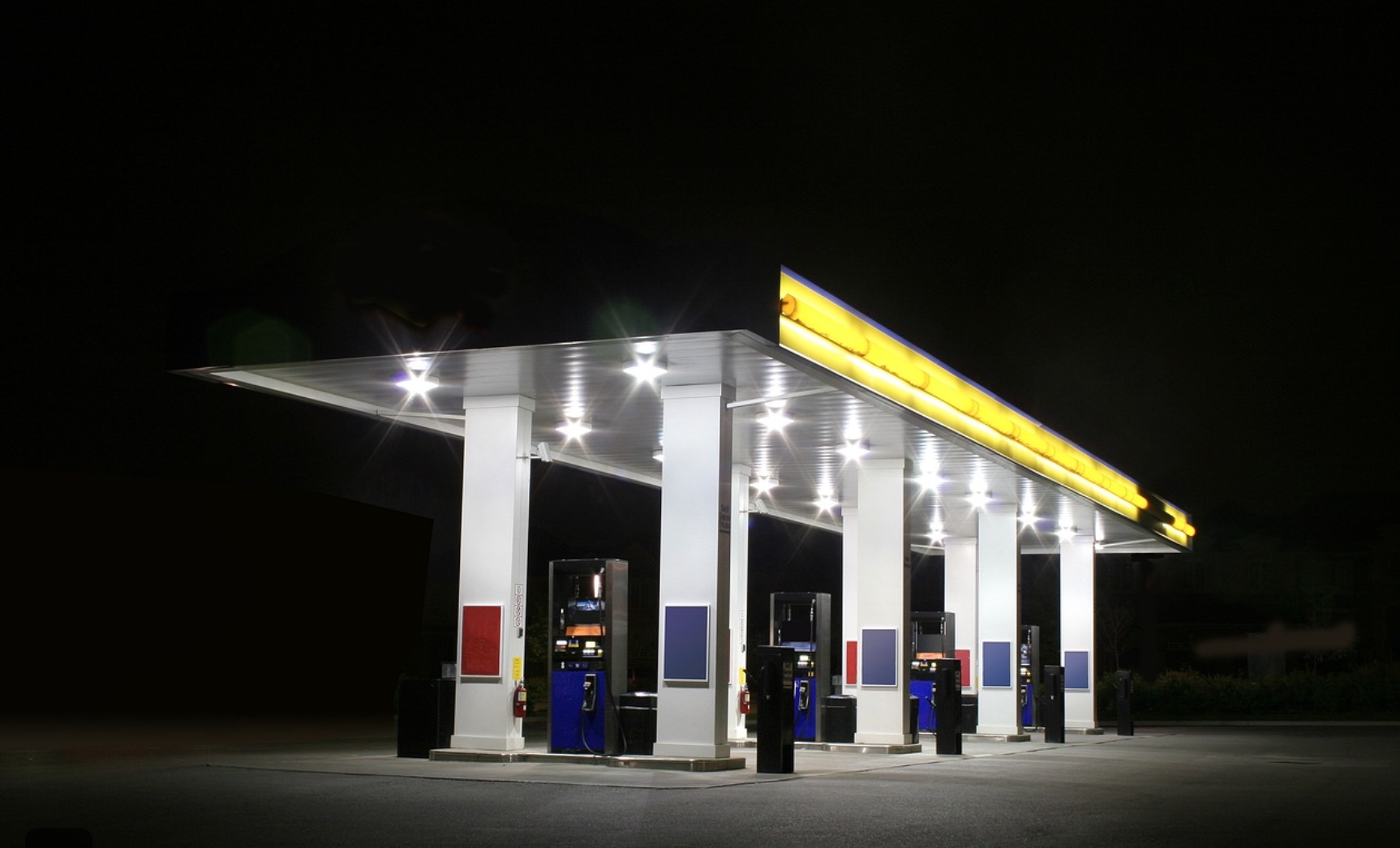
pixabay
“In terms of economic impact, states joining together to send a clear signal to the market will result in greater economies of scale, driving down the prices of ZEVs (zero-emission vehicles), and ensuring that Rhode Island dealers and customers have full access to electric vehicles,” Rhode Island Department of Environmental Management Director Terry Gray said.
Challenges
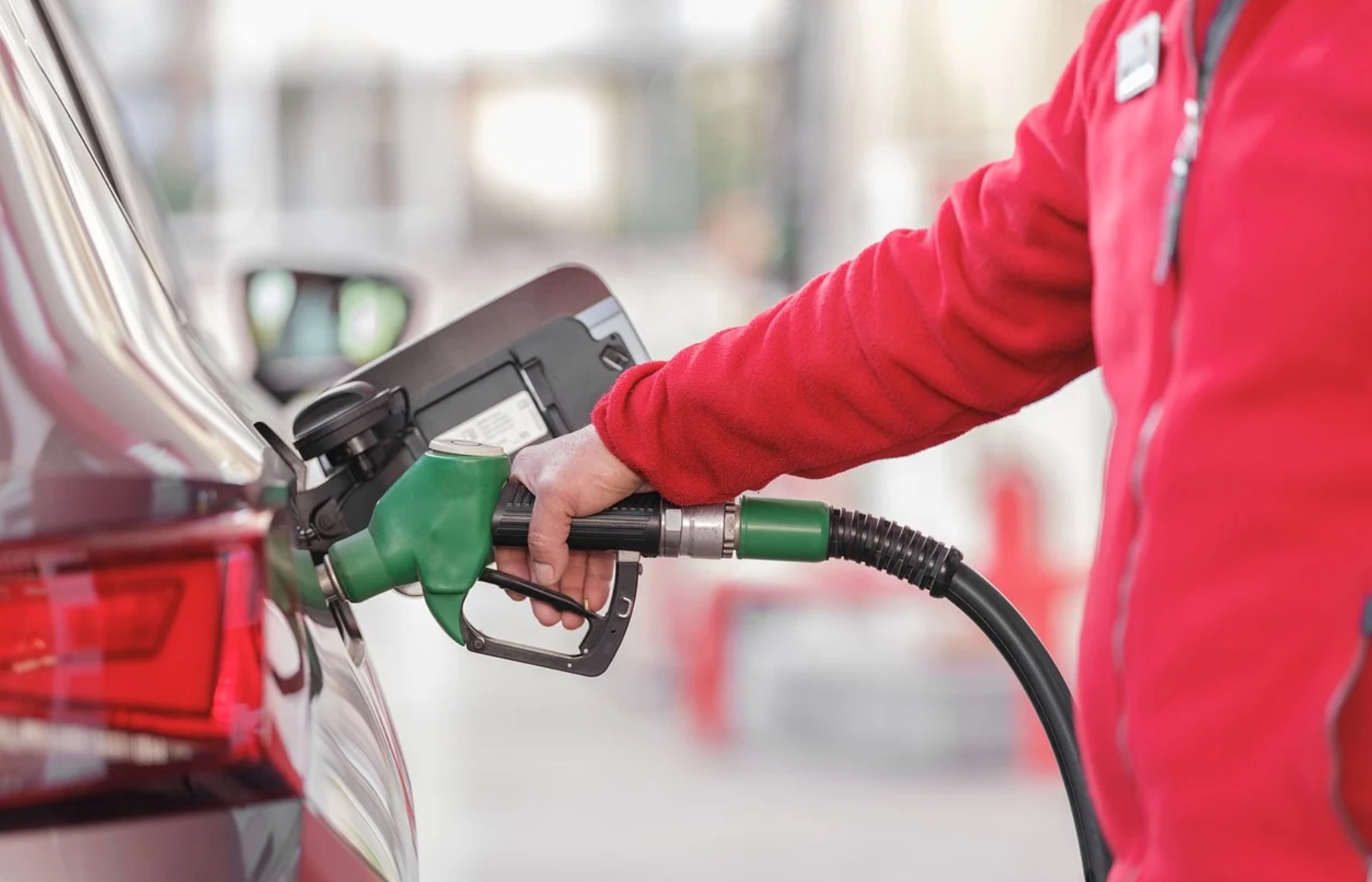
pixabay
Implementation challenges could impact whether the rules achieve their climate objectives. The electric vehicle (EV) industry has experienced a remarkable evolution, with growing interest and advancements in technology reshaping the automotive landscape. However, despite significant progress, the industry faces a range of challenges that demand strategic solutions and collaborative efforts to drive sustainable growth and adoption.
EV industry

pixabay
The EV industry has witnessed a surge in adoption, with the sale of more than 1.2 million EVs in the United States in 2023, constituting over 7.6% of total new light-duty personal vehicle sales. The increasing market penetration of EVs reflects the growing interest and acceptance of electric mobility as a viable alternative to traditional internal combustion engine vehicles.
Charging infrastructure

pixabay
Efforts to expand the EV charging infrastructure, including the addition of approximately 78,000 public charging stations and 170,000 ports in the United States by the end of 2023, underscore the industry’s commitment to addressing the crucial need for reliable and accessible charging networks. The ongoing development and investment in charging infrastructure are pivotal to overcoming range anxiety concerns and promoting widespread EV adoption.
Hesitant

pixabay
Despite the growing availability of charging stations, studies indicate that many Americans remain hesitant to embrace EVs due to charging concerns. Addressing range anxiety and instilling charging confidence among consumers are critical challenges that demand effective solutions and cross-sector collaboration to build and power a resilient EV charging network.
Uneven distribution

pixabay
Uneven distribution of EV charging stations across the United States poses a significant hurdle to widespread EV adoption. While California leads with over 10,000 DC fast chargers, disparities in charging infrastructure availability and reliability underscore the need for concerted efforts to address the accessibility and convenience of EV charging networks nationwide.
Rapid growth
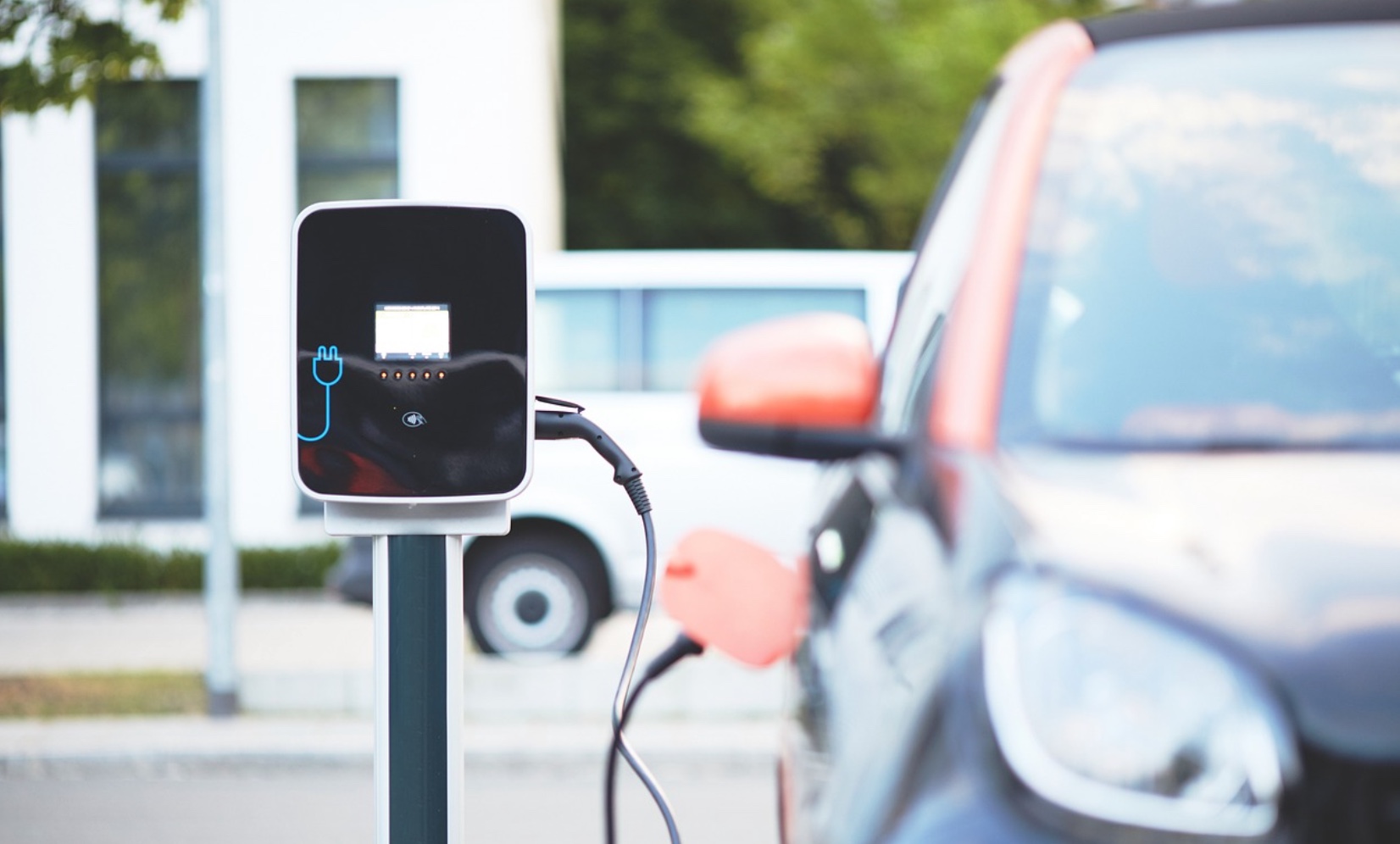
pixabay
The EV industry’s rapid growth and technological advancements demand significant investments in research and development, manufacturing capabilities, and charging infrastructure. As the sector matures, financial pressures and technological complexities could present challenges for companies, potentially leading to consolidation and restructuring efforts to secure financing and enhance technological capabilities.
Road ahead
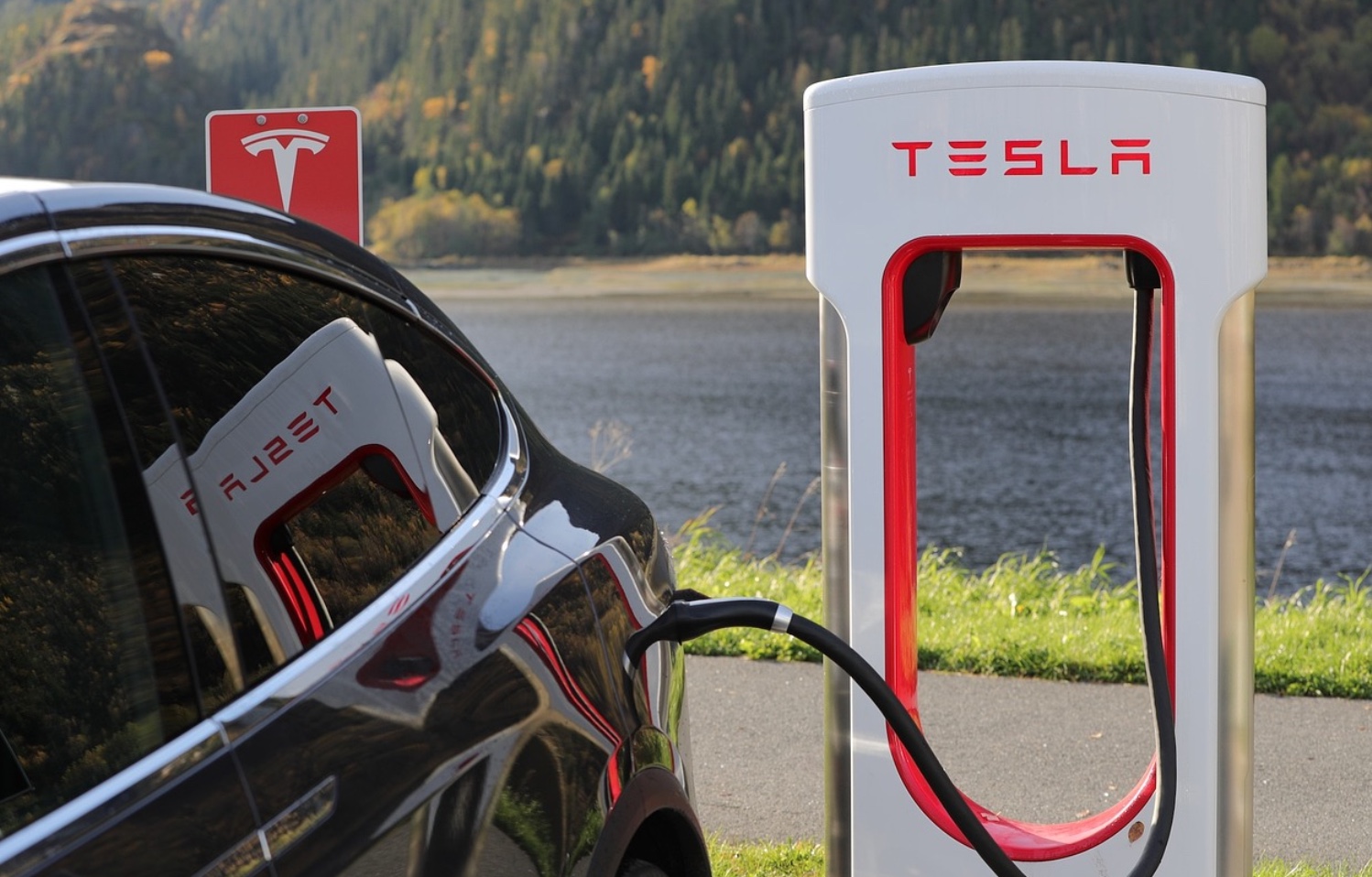
pixabay
The road ahead for the EV industry requires robust collaboration between federal, state, and local governments, private investors, and industry stakeholders to incentivize the expansion of the fast-charging network and facilitate infrastructure monetization opportunities.
Reliable
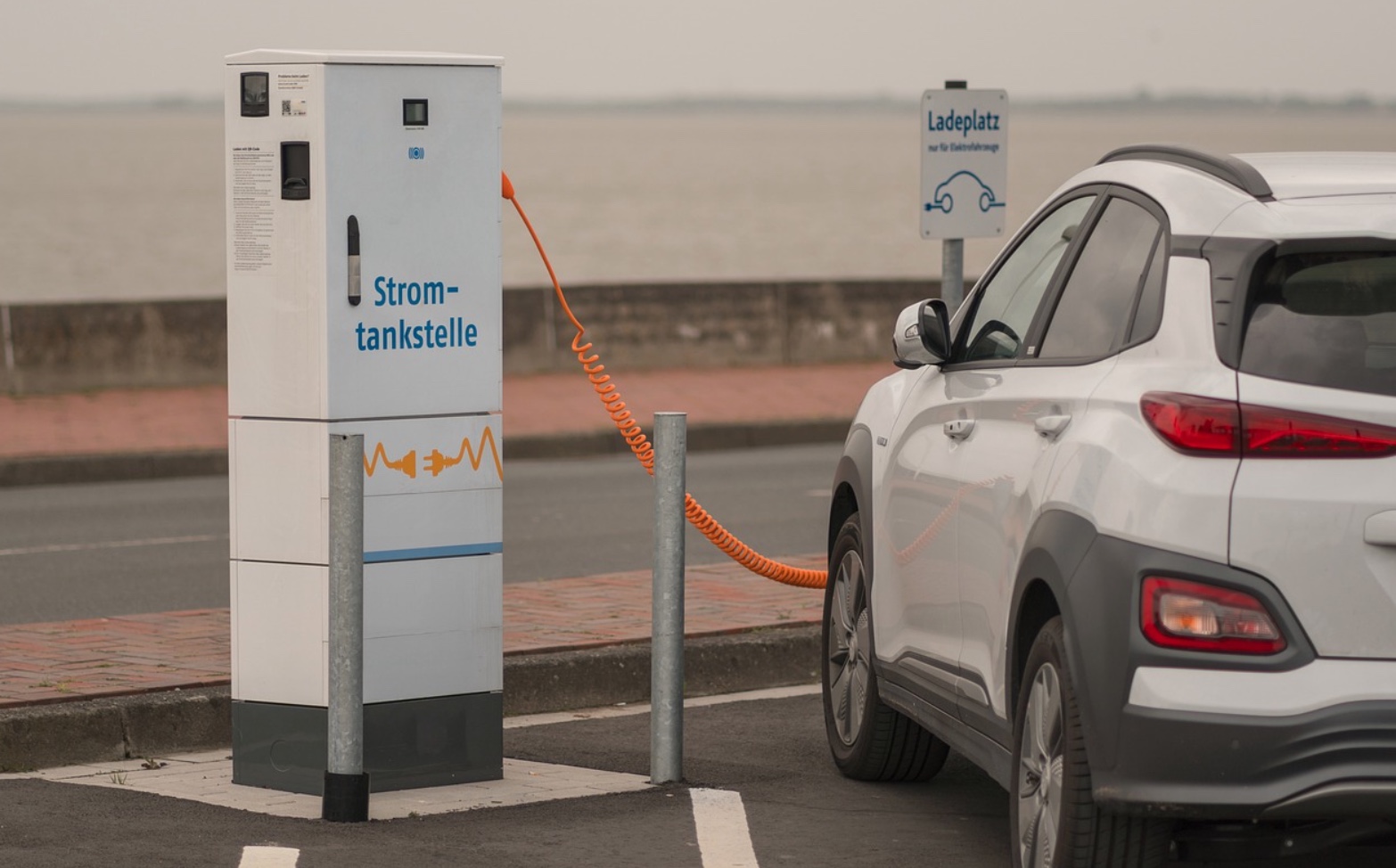
pixabay
Moreover, selective application of federal incentives can attract critical investments into building a reliable and accessible EV charging grid, along with regulatory interventions to standardize charging infrastructure and address data privacy and connectivity standards.
Potential
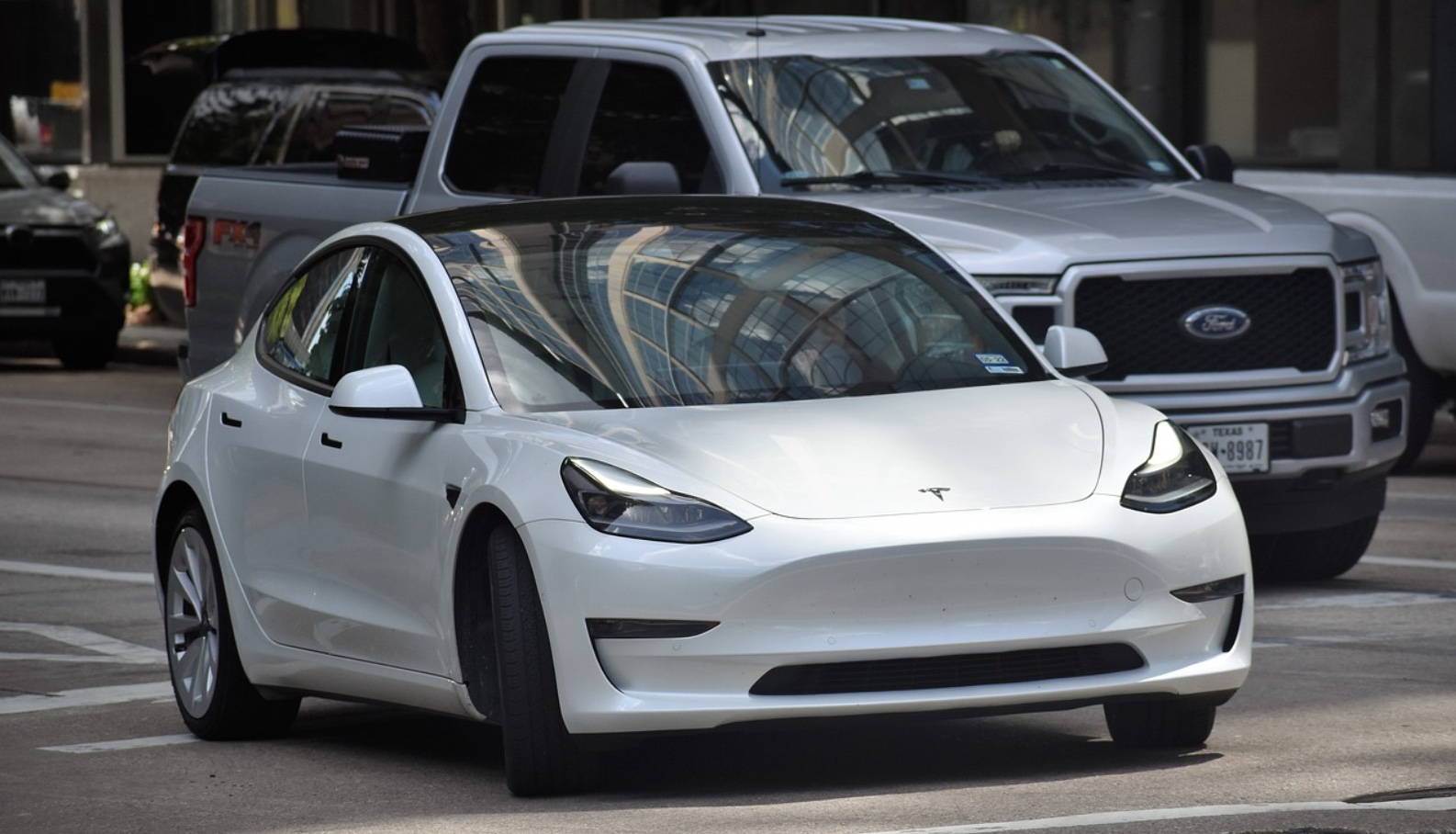
pixabay
Unlocking the potential of vehicle-to-grid (V2G) technology presents opportunities for effective energy services management and the aggregation of energy capacity from EV fleets.
Complexities
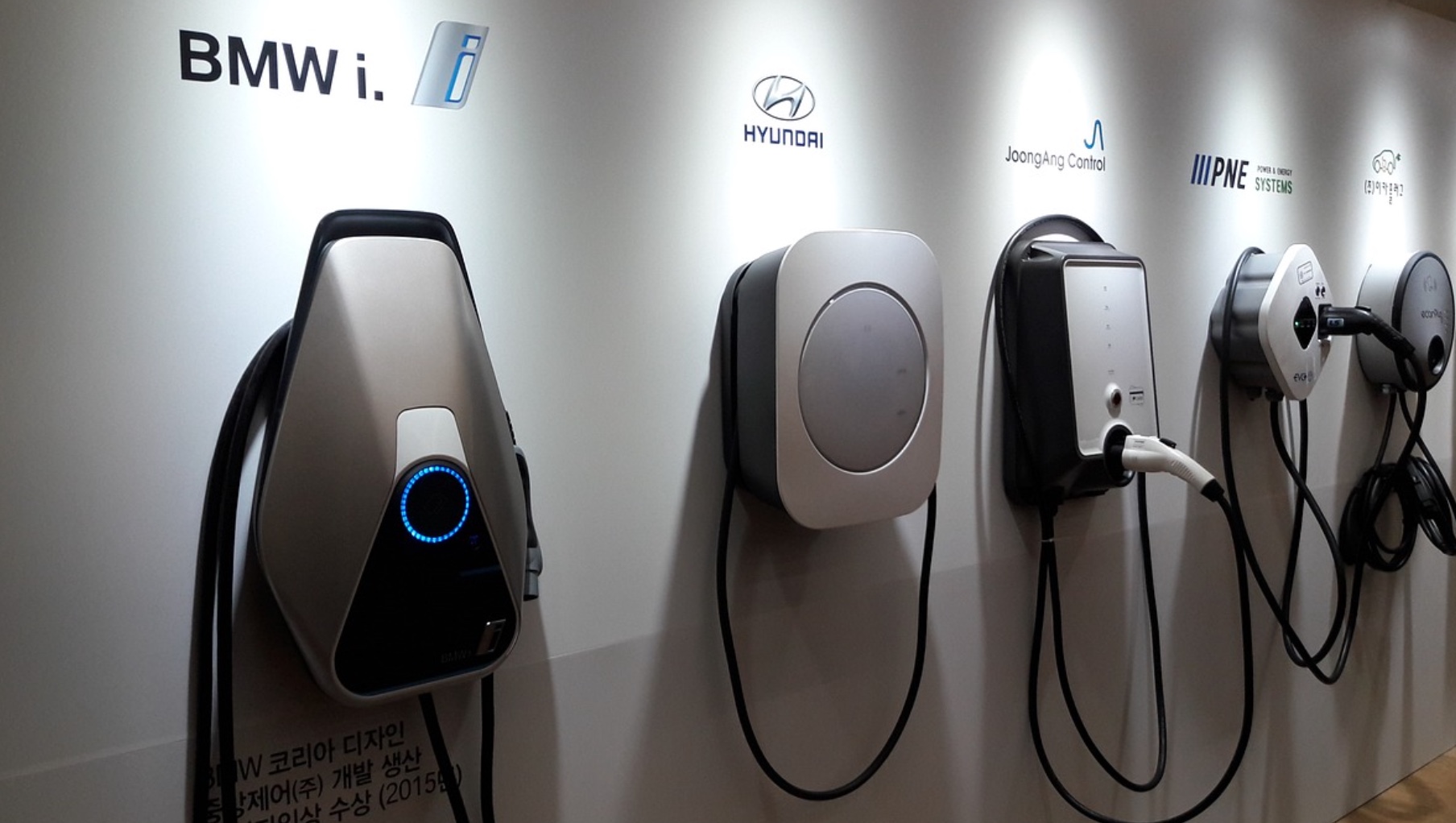
pixabay
Navigating the complexities of V2G market access and fostering synergies between EV operators, owners, and charging station operators will be critical in driving the advancement of this technology and its integration into the broader EV ecosystem.
Demand
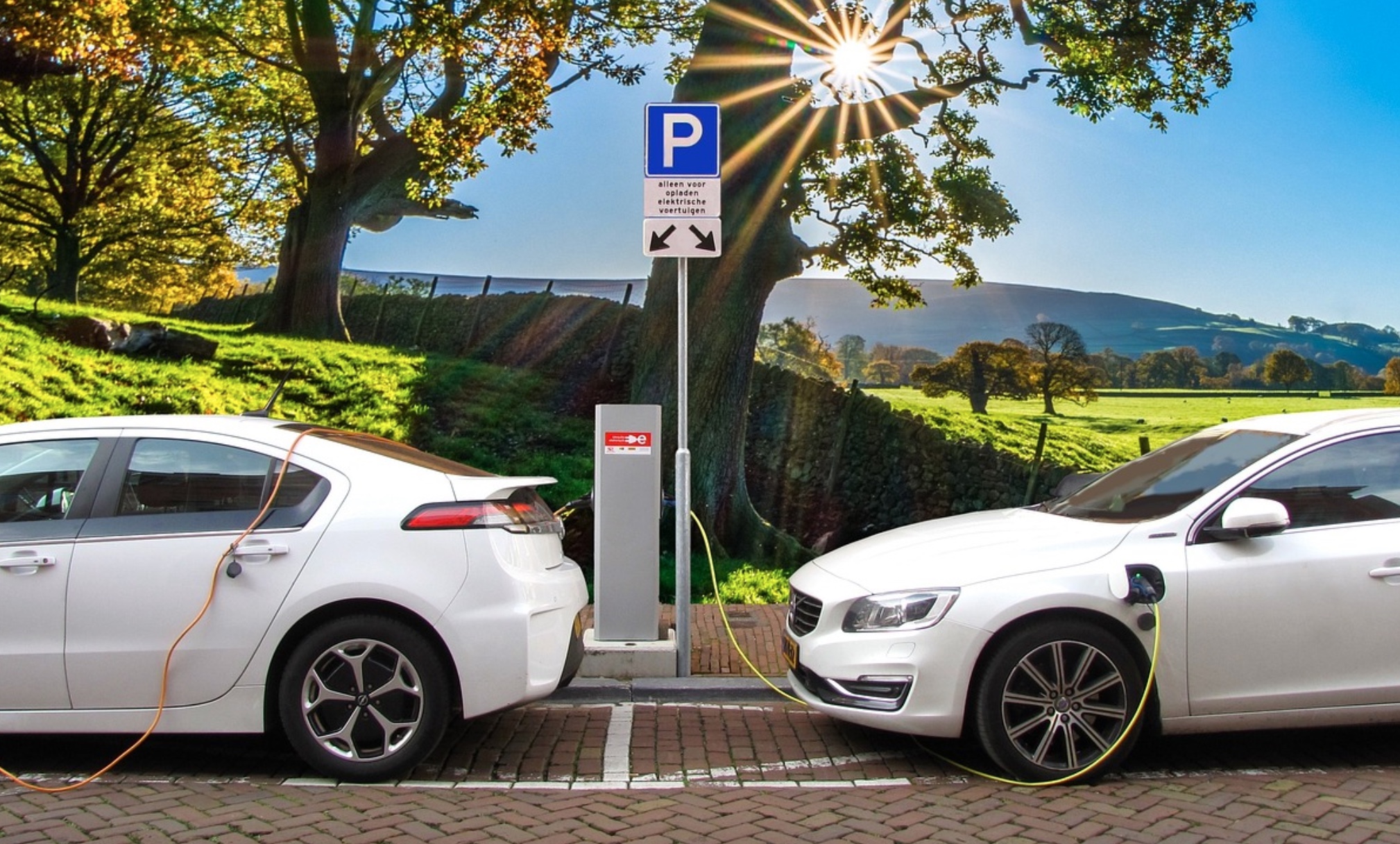
pixabay
The demand for EV charging stations creates a significant market for installers, providing opportunities for skilled professionals and partnerships with EV manufacturers, utilities, and other industry stakeholders to offer comprehensive EV charging solutions.
Investments
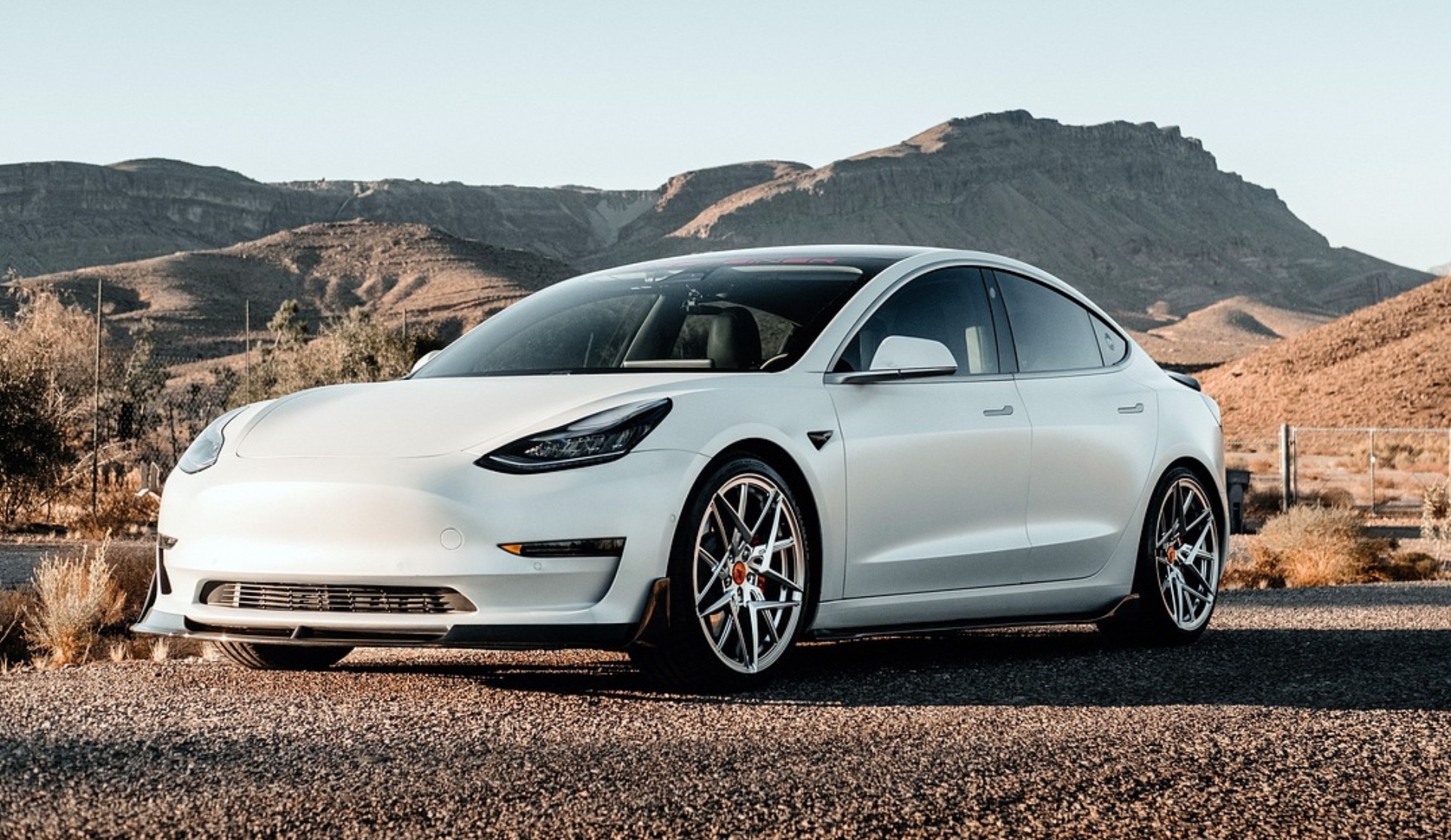
pixabay
Moreover, strategic investments in expanding fast-charging infrastructure and forging partnerships can enhance the accessibility, reliability, and profitability of EV charging networks, driving sustainable growth and addressing consumer concerns.



